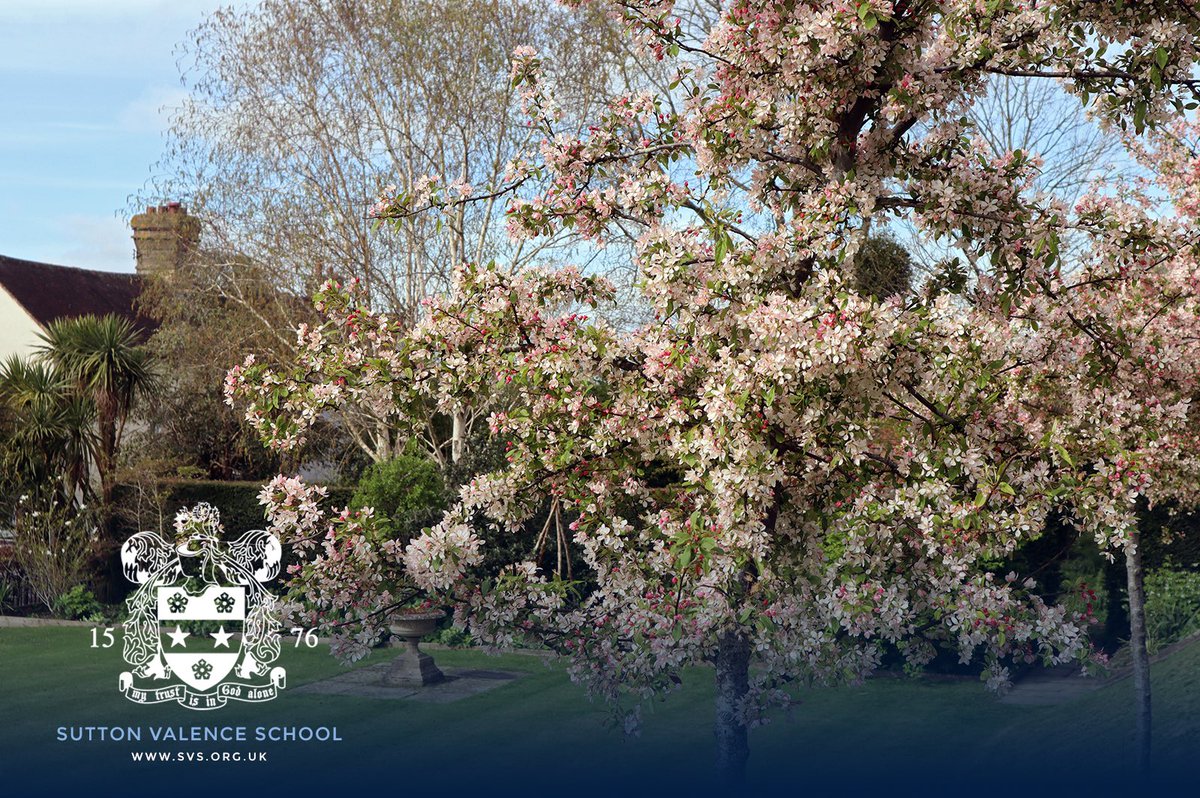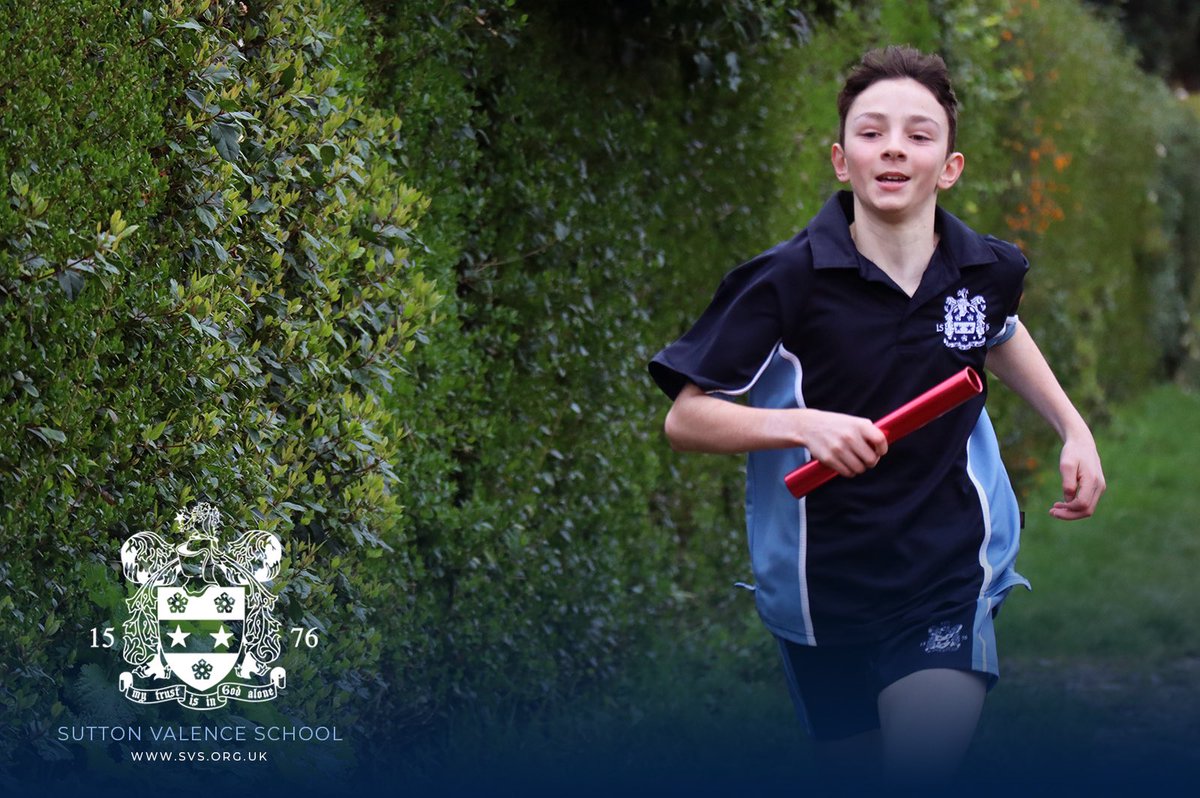Listening to birdsong at dusk is a summertime luxury that I particularly relish. Indeed, it has been reported that in these challenging times, the birdsong is louder and more joyful than ever; perhaps because nature is being allowed to thrive more, or perhaps because we are once again listening in a way that generations before us did. Who knows? Either way, it made me thirsty for knowledge and understanding about which bird was singing their melodious song in the tree outside my window; so leading me to download a birdsong app onto my phone to satisfy my curiosity. It was a bullfinch.
Children of all ages have an innate interest in exploring, which makes them natural adventurers within their own gardens and on their doorsteps. They just need the time and opportunity. For instance, taking lunch outside and having a picnic in the garden or digging up a section of a flowerbed so they can explore the soil and the creatures that might live there. Children will relish the opportunity to use a magnifying glass to see flowers, blades of grass, and tiny insects close-up. By giving them the freedom to grass-stain their trousers and muddy their hands, we are encouraging the theory put forward by Edward Wilson, called biophilia: that humans are instinctively drawn towards their natural surroundings.
Being outside builds our children’s confidence and allows them to choose how they treat nature, giving them the power to control their own actions. Children learn about actions and consequences, such as the experience of touching a nettle or allowing a snail to trial slowly over their hand; adventures without going anywhere.
Nature provides different stimulation in a way that a computer game cannot. Experiencing nature activates more senses – you can hear, smell and touch outdoor environments. This, in turn, promotes creativity and imagination. This unstructured type of experience allows children to interact meaningfully with their surroundings. They can think more freely, design their own activities and approach the world in inventive ways.
David Hockney’s recent iPad paintings of daffodils and blossom are inspired by his immediate surroundings whilst he remains in lockdown isolation. As he said, “Anything simple always interests me”
Indeed, our children do not need to go any further than their own gardens or even the windowsill to be drawn into and inspired by the wonder of the natural world. This week in Prep, the children have been looking at the work of Raku Inoue and encouraged to emulate his style; using leaves, petals and other natural resources to create minibeast masterpieces in their Outdoor Learning lessons. In Year Three Science this week, the children are learning about the parts of a plant; what better way to consolidate and extend their learning than to go out into the garden and investigate first hand?
Within the home environment, we can encourage our children to look, feel, hear and respond to the natural world around them. Being still, looking, listening and pondering a while allows children to practise an effortless type of attention known as soft fascination that creates a feeling of pleasure and contentment. At a time when we might feel that our opportunities and choices are diminished, perhaps we should stop and relish that which is already around us? Sometimes, by doing less, we are encouraging more…





